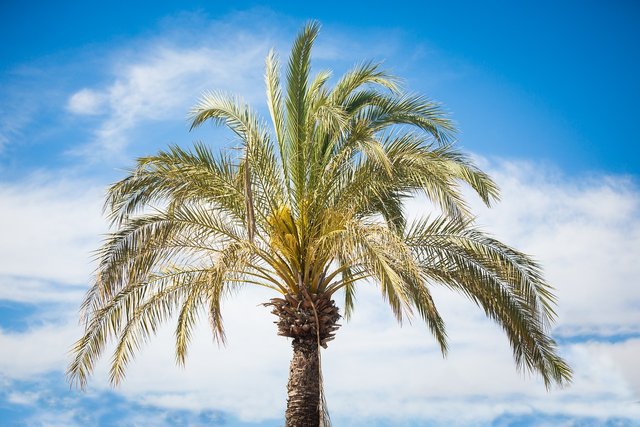Welcome to my blog! I have thought of an inspirational story for this noble community for a while now and finally, I have come up with one.
This story will serve as source of inspiration for students who believe that where there is a will there is definitely a way.
Please read as I will be dropping this story on chapters till the end. Read and learn.
Asuama Atanguma Esenowo was a typical village boy. In his seven years of existence on earth, he had never ventured out of his community. In his little mindset, he had thought the world started and ended in his community. But as he grew a little older, and with what he could observe around his environment, Asuama came to believe that the world extended far beyond his community. One thing Asuama could not let go easily, however, was the belief that every child in the world was passing through the same affliction of poverty that he was passing through.
Asuama was conceived, delivered, and nurtured in poverty. Indeed, poverty was his bedfellow. Asuama's father, Chief Atanguma Esenowo, was a palm wine tapper. That was his only vocation right from his youth. He started the trade at the age of 20. Now, Chief Atanguma, in his late fifties, was an experienced wine taper. Usendia, his closest friend, called him the "monkey of the raffia palm" because of his agility on top of raffia and palm trees.
Chief Atanguma's vicious cycle of poverty was compensated for by his generosity. He shared his wine with any person who called at his small thatched house with an infectious smile. He was not born with this gift, but he acquired it from Mr. Brownson, a foreign missionary, who befriended Atanguma's father, Chief Esenowo, as far back as the 1950s. Mr. Brownson, who was not so fluent in the local language, always resorted to dramatizing his messages, which, most of the time, became very effective in the lives of the indigenes. Such dramatized messages were often about giving as a way of life. Mr. Brownson's inspiration on giving was derived from the Scriptures, especially from Luke 6:38, which urged one to give (either to God or to man), for it would be given back to one bountifully He also derived inspiration from Proverbs 11: 24, 25, which states: "One man gives freely, yet gains even more; another withholds unduly, but comes to poverty. A generous man will prosper; he who refreshes others will himself be refreshed. " This inspiration from Mr Brownson caught the attention of young Atanguma. As he grew up, the spirit of giving began to flourish in his life. Chief Atanguma had a wife, Akon. Though Chief Atanguma never went to school, his wife did attend adult school. She stopped at standard three, and with this modest educational attainment, Mrs Akon Atanguma could read and speak a little English. By the standards of her days, it was a great achievement. Also, Akon was a devoted Christian, while her husband was an initiate of Ekpo Nyoho Cultural group, one of the leading cult groups in the community. So, with her little education, Akon was fairly enlightened about certain issues of life and more quick-witted than her husband.
Atanguma and Akon had seven children. All of them were male. Their four older sons had dropped out of school because their parents could not pay their school fees, coupled with their lack of perseverance and passion for Western education. This had always caused Akon pain and agony, but Atanguma, her husband could not understand why dropping out of school could cause parents sleepless nights when more lucrative and immediately available job openings were begging one to choose from. Chief Atanguma was thinking of recruiting his four older sons into oil palm harvesting business, which was a thriving business, especially for young men in the community.
He quickly bought ropes used for climbing oil palm (Ikpo eyop) for them and tirelessly taught them the skills of climbing and harvesting oil palm with agility. Within a few months; his sons had learnt the skills and were like flying squirrels on oil palm trees. By taking after him, Chief Atanguma was full of joy and love for his sons. He would stroke their hairs and pat them on their backs as a sign of encouragement and approving their vocation. He believed that he had groomed worthy successors who would take over from him when he was old and would no longer be able to carry on his trade. Chief Atanguma hoped his other three remaining younger sons when they grew up into men would also follow their other elder brothers' footsteps and take to their father's trade. But his wife had vowed never to let that happen.
End of chapter 1, see you in chapter 2
I am @udyliciouz


You've got a free upvote from witness fuli.
Peace & Love!
Downvoting a post can decrease pending rewards and make it less visible. Common reasons:
Submit
Downvoting a post can decrease pending rewards and make it less visible. Common reasons:
Submit
Thank you so much dear @ninapenda, I really appreciate
Downvoting a post can decrease pending rewards and make it less visible. Common reasons:
Submit